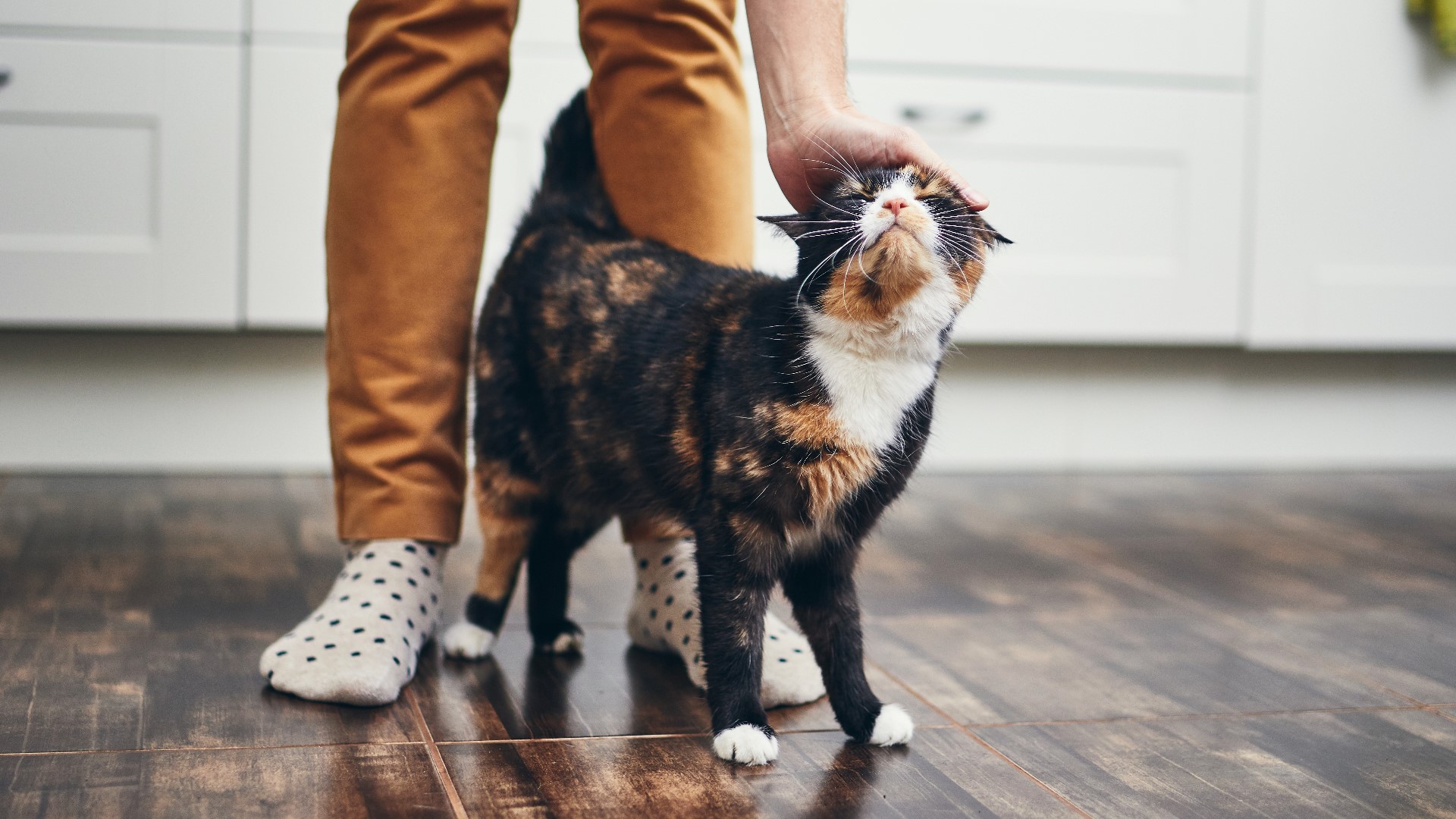SEATTLE — Two pet cats in the U.S. have tested positive for the novel coronavirus, and are showing symptoms, federal officials say.
But experts say even as we learn more about human to animal transmission – it’s important not to take any drastic measures.
“[The Centers for Disease Control and Prevention] is very clear we shouldn’t be getting rid of our pets, or doing things more alarming than that,” said Dr. Cary Waterhouse, of the Lake Union Veterinary Clinic in Seattle.
The coronavirus is believed to have originated by jumping to humans from a live animal market in China – and researcher continue to learn more about what animals may be able to catch it from humans.
These two house cats in New York state mark the first confirmed cases in pets in the U.S., officials said. Both had mild respiratory symptoms and are expected to recover.
But it’s important to note – just because some animals can catch COVID-19 doesn’t mean they can spread it back to people.
"[T]here is no evidence that pets play a role in spreading the virus in the United States. Therefore, there is no justification in taking measures against companion animals that may compromise their welfare," the CDC and the USDA wrote in their announcement.
Both agencies said more research is needed into specific animal transmission possibilities. The issue of transmission is complicated, Waterhouse said.
It’s a matter of which animals may have enough in common with people to be vulnerable.
“It’s unfortunate for cats, they appear to be similar enough,” he said. “Dogs don’t appear to be similar enough since we’re not seeing infections.”
“It’d be the equivalent of putting your house key into a million different door locks and finding one that works,” he said.
A tiger in the Bronx Zoo previously tested positive for the virus — the first confirmed animal case in the U.S.
This week, the zoo said three other tigers, and three African lions showing symptoms have tested positive, and are recovering. They believe a staff member inadvertently infected the animals.
Seattle's Woodland Park Zoo said no animals have shown symptoms or been tested for coronavirus. Point Defiance Zoo in Tacoma said no tigers have tested positive. Both zoos have put protocols in place to prevent infection.
As for house pets, we are learning more.
“CDC is aware of a small number of pets, including cats and dogs, reported to be infected with the virus that causes COVID-19, mostly after close contact with people with COVID-19,” federal officials write on the CDC website.
They note preliminary lab studies suggest that of the observed animals, cats are most susceptible to COVID-19, and were able to transmit it to other cats. Ferrets also appear to be susceptible.
Dogs aren't out of the woods either.
“Dogs appear to be susceptible to infection but appear to be less affected than ferrets or cats,” reported The World Organisation for Animal Health (OIE), which is based in France.
OIE says preliminary studies show pigs and poultry cannot catch COVID-19.
The CDC issued the following recommendation for helping your pets social distance:
- Do not let pets interact with people or other animals outside the household.
- Keep cats indoors when possible to prevent them from interacting with other animals or people.
- Walk dogs on a leash, maintaining at least 6 feet (2 meters) from other people and animals.
- Avoid dog parks or public places where a large number of people and dogs gather.
CDC says if your pet appears ill, call your vet. And if you are sick with coronavirus, limit your contact with pets and other animals as a precaution.
- When possible, have another member of your household care for your pets while you are sick.
- Avoid contact with your pet including petting, snuggling, being kissed or licked, and sharing food or bedding.
- If you must care for your pet or be around animals while you are sick, wear a cloth face covering and wash your hands before and after you interact with them.
And on the issue of testing animals for coronavirus, federal officials and Waterhouse said that it’s not taking resources away from humans.
“It’s a test out of a pool that no impact on the human tests, and it doesn’t impact the timeline of human tests,” Waterhouse said.
CDC and USDA are not recommending widespread testing of animals at this time either.

